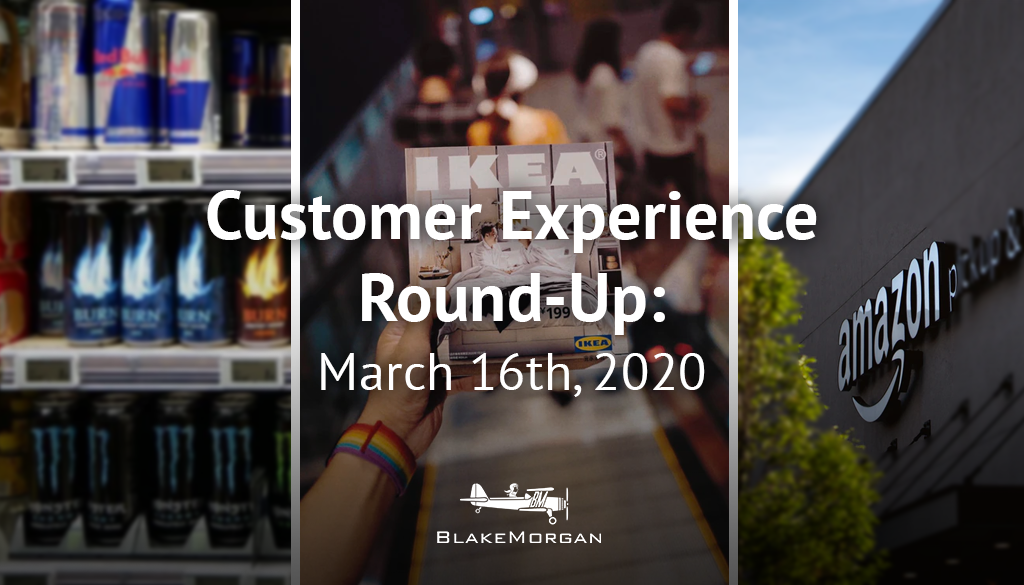Coronavirus may be inescapable in the news, but customer experience continues on. While many companies have slowed operations in light of the pandemic, others are soldiering on and taking big risks. Expanding to new areas and services can be a way to gather new customers and expand the experience, or it can lead to serious missteps. This week brought three stories of companies taking risks in hopes of reaching more customers.
Pepsi Joins Energy Drink Battle
PepsiCo announced this week that it had purchased Rockstar Energy for $3.85 billion, a move that will push Pepsi beyond its stronghold soda market into the world of energy drinks. Soda consumption is declining in the U.S., forcing companies to expand into other areas to better connect with customers. Coca-Cola recently joined the busy energy drink market, and Pepsi’s deal potentially puts it in direct competition with Coke and Monster, the current leader in the space. Pepsi has been distributing Rockstar in North America since 2009, but it wasn’t allowed to innovate in energy drinks until the purchase was finalized.
The drink business is competitive and constantly evolving to meet the needs of customers. With fewer people drinking soda, companies like Pepsi and Coca-Cola are being forced to innovate. Thinking outside the box to build new connections and potentially create new products could pay off for Pepsi and introduce customers to new types of drinks.
Ikea Starts Selling Furniture On Third-Party Marketplace
Furniture giant Ikea recently started selling its products on Tmall, Alibaba’s ecommerce platform in China. The move marks Ikea’s first time selling on a third-party marketplace. Customers in China prefer to shop on multi-brand online platforms instead of through individual retailers’ websites, so selling on Tmall allows Ikea to better meet the needs and preferences of customers. The six-month test is a complement to Ikea’s physical stores and own online store and to see how selling outside of Ikea’s channels impacts the brand, infrastructure and experience.
In recent years, Ikea has made huge strides in buildings its online platform. Selling on a third-party service is the next step in becoming more accessible to customers around the globe. Ikea is taking a risk in hopes of better connecting with customers, especially those who don’t live close to a physical Ikea warehouse.
Amazon Starts Selling Cashierless Checkout Technology
After establishing itself as a leader in the cashierless retail space with the Amazon Go store, Amazon is now selling its cashierless “Just Walk Out” technology to other retailers. The technology uses cameras and sensors throughout the store to track what customers purchase. Instead of scanning an app like customers do to enter the Amazon Go store, customers at other stores will swipe their credit card to enter the store. When they leave the store, that card will automatically be charged for the items they bought.
Other stores have tried cashierless technology, but none has been as successful as Amazon. Selling the technology to other retailers could greatly speed up the adoption of cashierless stores and create a consistent experience across retailers. Customers have responded well to being able to shop without having to stand in checkout lines, so expanding the technology could be a win for customer experience everywhere.
Staying ahead of trends and preferences often means taking risks by creating new partnerships and selling in different ways. These stories show that companies that are dedicated to their customers are willing to take those risks in hopes of continually improving the customer experience.
Blake Morgan is a customer experience futurist, keynote speaker and the author of the bestselling book The Customer Of The Future. Sign up for her weekly newsletter here.

